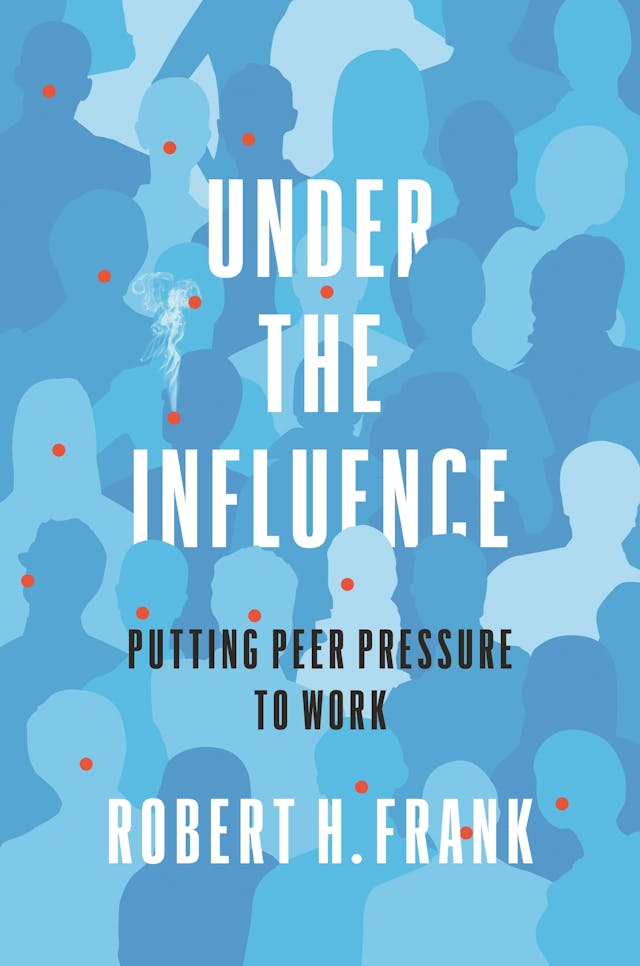So much has been written on behavioral economics and nudging, and I always think about the implications. Robert Frank in his new book provides new insights to understand the behavioral contagion among all of us. He says:
The argument I will defend in this book, implicit in several of the examples already discussed, is summarized in the following seven premises:
1. Context shapes our choices to a far greater extent than many people consciously realize.
2. The influence of context is sometimes positive (as when people become more likely to exercise regularly and eat sensibly if they live in communities where most of their neighbors do likewise).
3. Other times, the influence of context is negative (as when people who live amidst smokers become more likely to smoke, or when neighboring business owners erect ugly signs).
4. The contexts that shape our choices are themselves the collective result of the individual choices we make.
5. But because each individual choice has only a negligible effect on those contexts, rational, self-interested individuals typically ignore the feedback loops described in premise 4.
6. We could often achieve better outcomes by taking collective steps to encourage choices that promote beneficial contexts and discourage harmful ones.
7. To promote better environments, taxation is often more effective and less intrusive than regulation.
Among behavioral scientists, the first five of these premises are completely uncontroversial. It is only 6 and 7 that provoke disagreement. Regarding 6, even when everyone acknowledges that behavioral contagion causes harm, as in the smoking example, it is often hard to reach consensus on collective actions that would modify the contexts that shape our actions. In part, the difficulty is that individual incentives and collective incentives often diverge so sharply. But objections to premise 6 are also rooted in the long American tradition of hostility toward regulations generally. Nor can there be any presumption that regulation always improves matters. Markets sometimes fail to deliver optimal results, but government interventions are also imperfect. Premise 7 is controversial simply because many people dislike being taxed. Yet a moment’s reflection reveals that the only interesting questions in this domain concern not whether we should tax but rather which things we should tax and at what rates. Whether you’re a small-government conservative or an expansive progressive, tax revenue is necessary to pay for valued public services.A must read. The book has clear messages for professionalism in Medicine and for pandemics.
